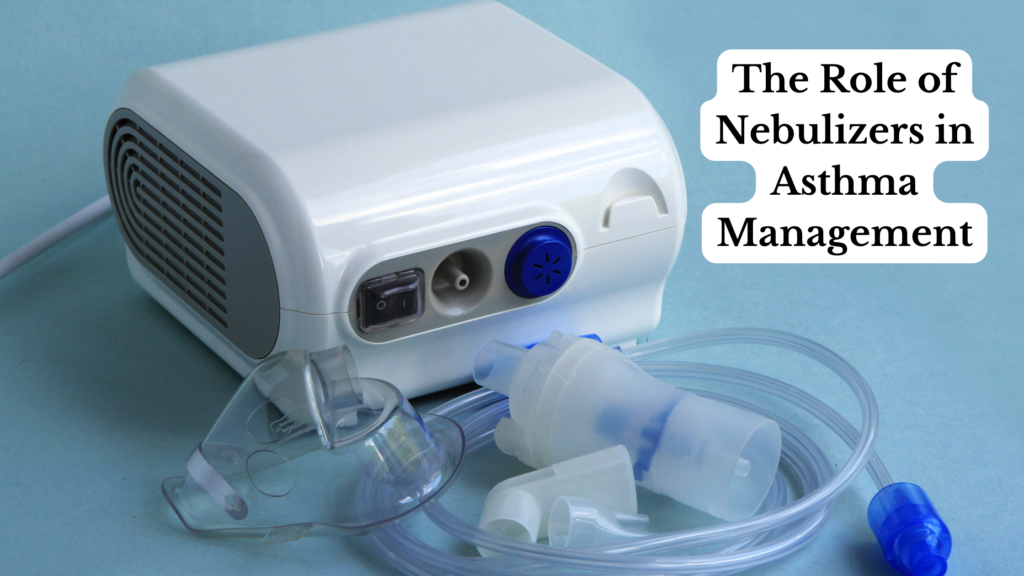Asthma is a chronic respiratory condition that requires consistent management to prevent flare-ups and maintain a good quality of life. Among the various treatment options, nebulizers play a crucial role, especially for individuals who struggle with inhalers. In this article, we will explore how nebulizers work, their advantages, and when they are most effective.
How Do Nebulizers Work?
A nebulizer is a device that converts liquid medication into a fine mist, making it easier to inhale deeply into the lungs. This ensures that the medication reaches the airways effectively, providing relief from symptoms like shortness of breath, wheezing, and chest tightness. Unlike inhalers, which require proper technique for effective use, nebulizers deliver medication passively, making them a preferred option for young children, elderly individuals, and those with severe asthma.
When Are Nebulizers Recommended?
Nebulizers are typically recommended in the following situations:
- During severe asthma attacks when quick and deep medication delivery is necessary.
- For individuals who have difficulty using inhalers due to age or physical limitations.
- When a person requires a combination of medications that are better administered via nebulization.
- For patients with additional respiratory conditions, such as chronic bronchitis or allergic rhinitis.
Nebulizers vs. Inhalers: Which One is Better?
Both nebulizers and inhalers are effective, but their use depends on the individual’s condition and preferences. Inhalers are portable, convenient, and deliver medication quickly. However, they require proper coordination and technique. Nebulizers, on the other hand, are easier to use but take more time for the medication to be delivered. Many doctors recommend inhalers for regular asthma management and nebulizers for acute situations.
A Personal Perspective: My Experience with Nebulizers
For me, nebulizers have always provided better relief compared to inhalers. This might be because I have allergic rhinitis in addition to asthma. Since nebulized medicine passes through the nose before reaching the lungs, it helps alleviate congestion and irritation in both areas. Unlike inhalers, which deliver medication directly to the lungs, nebulizers provide a more soothing and comprehensive effect, allowing me to breathe easier and feel relief faster.
While this may not be the case for everyone, my experience highlights how individual factors can influence treatment preferences. If you find that your current asthma management plan isn’t working optimally, it might be worth discussing the role of nebulizers with your doctor.
Conclusion
Nebulizers remain an essential tool in asthma management, particularly for those who struggle with inhalers or need deeper medication penetration. While they may not replace inhalers entirely, they serve as a valuable alternative during severe episodes or for individuals with additional respiratory concerns. Understanding how nebulizers work and when to use them can help asthma patients take control of their condition and breathe more comfortably.
If you have experiences with nebulizers or asthma management, share your thoughts on the Asthma Friend community. Engaging with others who understand your struggles can provide support, valuable insights, and new strategies to manage asthma effectively.












